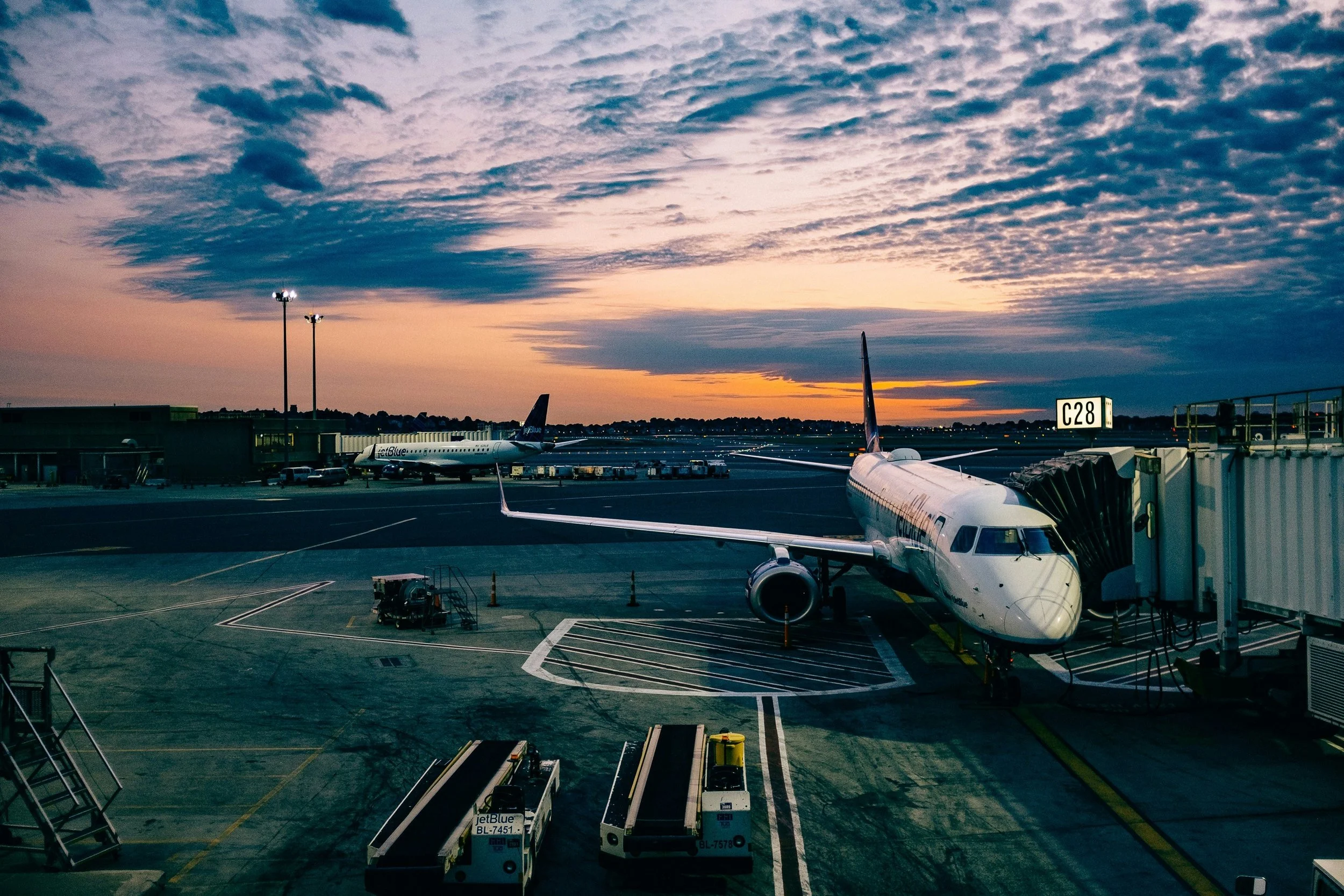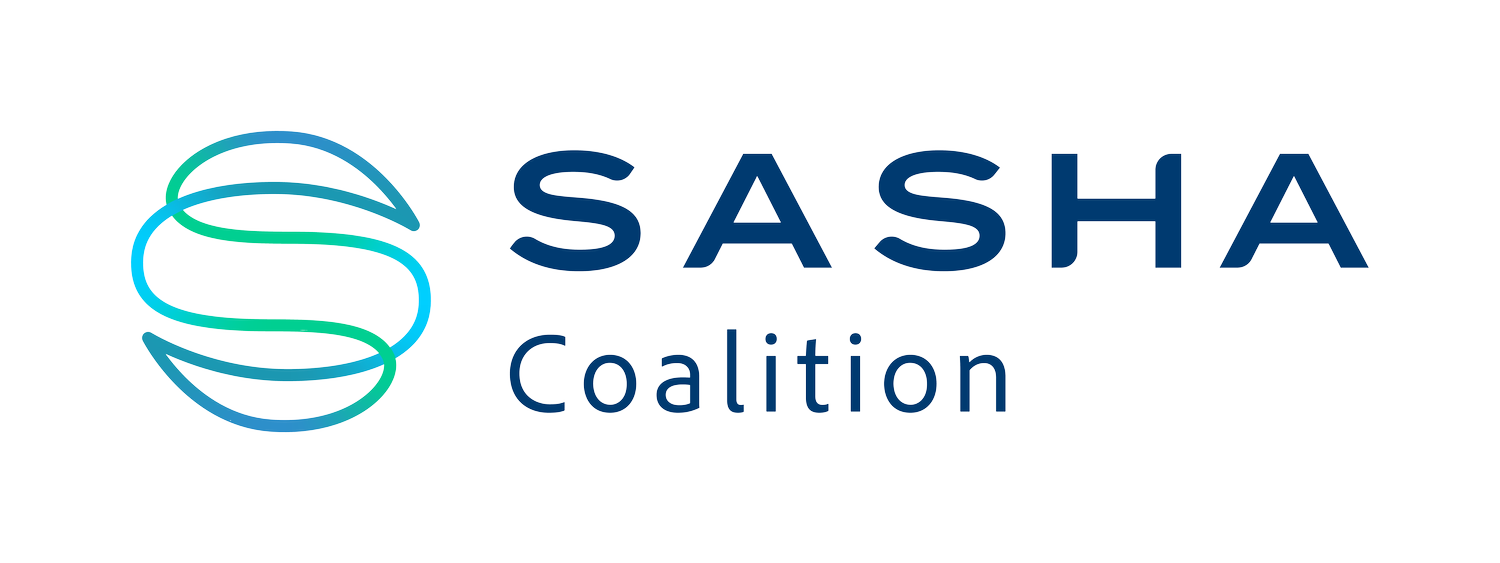
UK SAF revenue certainty mechanism: approach to industry funding
Consultation response | March 2025
Summary
The UK revenue certainty mechanism (RCM) to support sustainable aviation fuel (SAF) producers is a key tool for ensuring the SAF mandate is met and decarbonise UK aviation.
In its response to the Department for Transport’s consultation on its proposal for funding the RCM, the SASHA Coalition welcomed the intention to use revenues from new levies on fuel suppliers, in line with the polluter pays principle. However, the response highlighted that the RCM must provide additional support to producers of e-kerosene.
E-kerosene produced with green hydrogen has the fewest lifecycle greenhouse gas emissions, while biofuels can have significantly higher greater lifecycle emissions, threaten nature and biodiversity, and are not economically sustainable in the long term.
The response also emphasises that focusing revenue support on e-kerosene would create more demand for UK green hydrogen, contributing to the government’s growth mission.
It finally recommended that in addition to levies on fuel suppliers, the UK government should expand the UK ETS to international aviation and non-CO2 emissions to unlock new sources of funding that can be used to further accelerate aviation’s transition to net zero.
Consultation response
Q1. Do you agree or disagree on the proposed approach to place a levy on aviation fuel suppliers? If you disagree, why?
We agree with the proposed levy on aviation fuel suppliers. For the revenue certainty mechanism to be implemented effectively in line with the polluter pays principle, it is imperative that it is industry funded.
We also support the rationale for making fuel suppliers subject to the levy, consistent with the existing schemes for renewable electricity and hydrogen. While there is an option to place the levy on airlines, this would not adequately spread the cost of the mechanism across the breadth of the supply chain and would risk the burden being disproportionately transferred to consumers through higher ticket prices. Additionally, it is appropriate that the levy is placed on fuel suppliers given that they are liable for implementing the SAF mandate.
Given the expected price volatility of UK-supplied sustainable aviation fuels (SAFs), we also agree that it is sensible to review the levy in line with the fluctuating cost of the scheme (including the difference being returned to those paying the levy when the cost paid is lower than that forecasted).
Q2. Are there any other suitable options for funding a revenue certainty mechanism through the aviation industry? And why?
For the purpose of funding the revenue certainty mechanism through the aviation industry, a levy on fuel suppliers is the best approach and there are no alternative options that would be more suitable.
However, there are other measures that should be implemented to make the industry pay for its pollution, but the revenue certainty mechanism and fuel suppliers levy must be an additional complement, rather than a substitute, to these. In line with the polluter pays principle, the aviation industry should be made to fund its own decarbonisation through revenue contributions to the exchequer.
The main policy for raising these revenues from the industry to fund decarbonisation is extending the aviation emissions trading system (ETS) to include international aviation and non-CO2 emissions. This will advance the sector's decarbonisation by bridging the gap between the cost of polluting and the cost of using lower-carbon technologies, and raise much-needed revenues from the aviation sector.
Since the revenue certainty mechanism operates on a time-limited basis, it is crucial that it is not implemented at the expense of long-term pricing mechanisms.
Additionally, we are pleased that the DfT has not suggested funding the scheme with existing taxes on the sector that currently flow to the Treasury, for example Air Passenger Duty or ETS revenues. It should be secured that no tax revenues from existing revenue streams may be earmarked to fund the scheme at any point.
Q3. Do you agree with the proposed definition of aviation fuel suppliers?
Yes, we agree with the proposed definition of aviation fuel suppliers and the proposal that contributions be determined by market share.
Q5. What further considerations on the proposed approach would you like to raise at this stage?
We encourage considering additional support for power-to-liquid (PtL) SAF, commensurate with its higher climate benefits and its relatively higher barriers to production at scale compared to other SAF. The DfT’s updated analysis in the consultation document rightly recognises the challenges facing the growth of the UK PtL SAF production, yet PtL SAF is the only truly low-emission drop-in alternative to fossil kerosene. It is crucial that the revenue certainty mechanism is designed to enable PtL production at scale, as a scheme that only supports the production of fuels with less potential to lower emissions would not be fit for purpose.
Means of providing this necessary additional support to PtL production could include additional support for PtL projects over other, more established methods of SAF production, via the revenue certainty mechanism.
The UK PtL SAF mandate from 2030 also provides an excellent opportunity to drive the development of UK PtL production by creating long-term, predictable demand, as we highlighted in our Industrial Strategy consultation response. Scaling PtL also stands to contribute to the Government’s growth and clean energy missions and create broader economic benefits, since it is a key offtake sector for the UK’s green hydrogen economy, predicted to create thousands of jobs across the country by 2050.
Producing domestic PtL is therefore both an economic opportunity and a means to mitigate the energy security risks brought about by relying on the import of aviation fuel. We welcome the commitment in the consultation documents to engage with stakeholders on this issue, and suggest that this includes further engagement on how the revenue certainty mechanism can better incentivise UK PtL SAF production.

